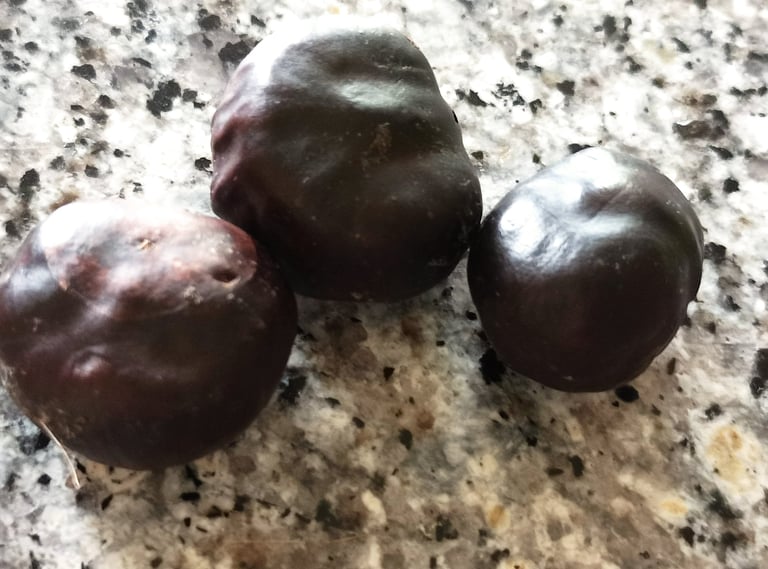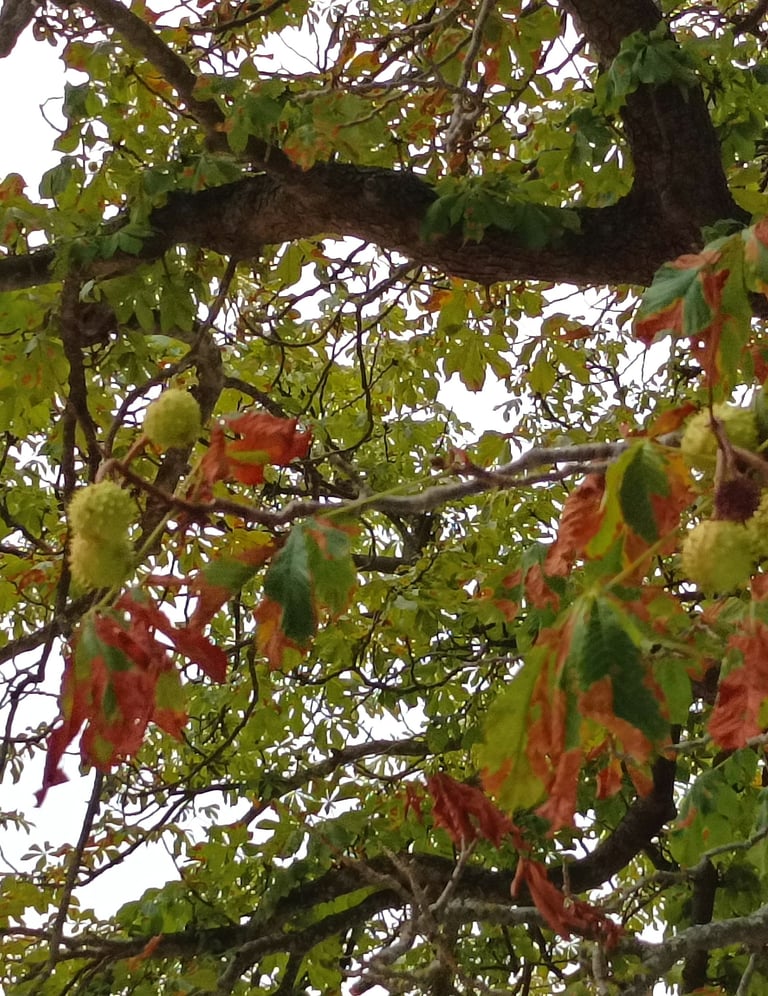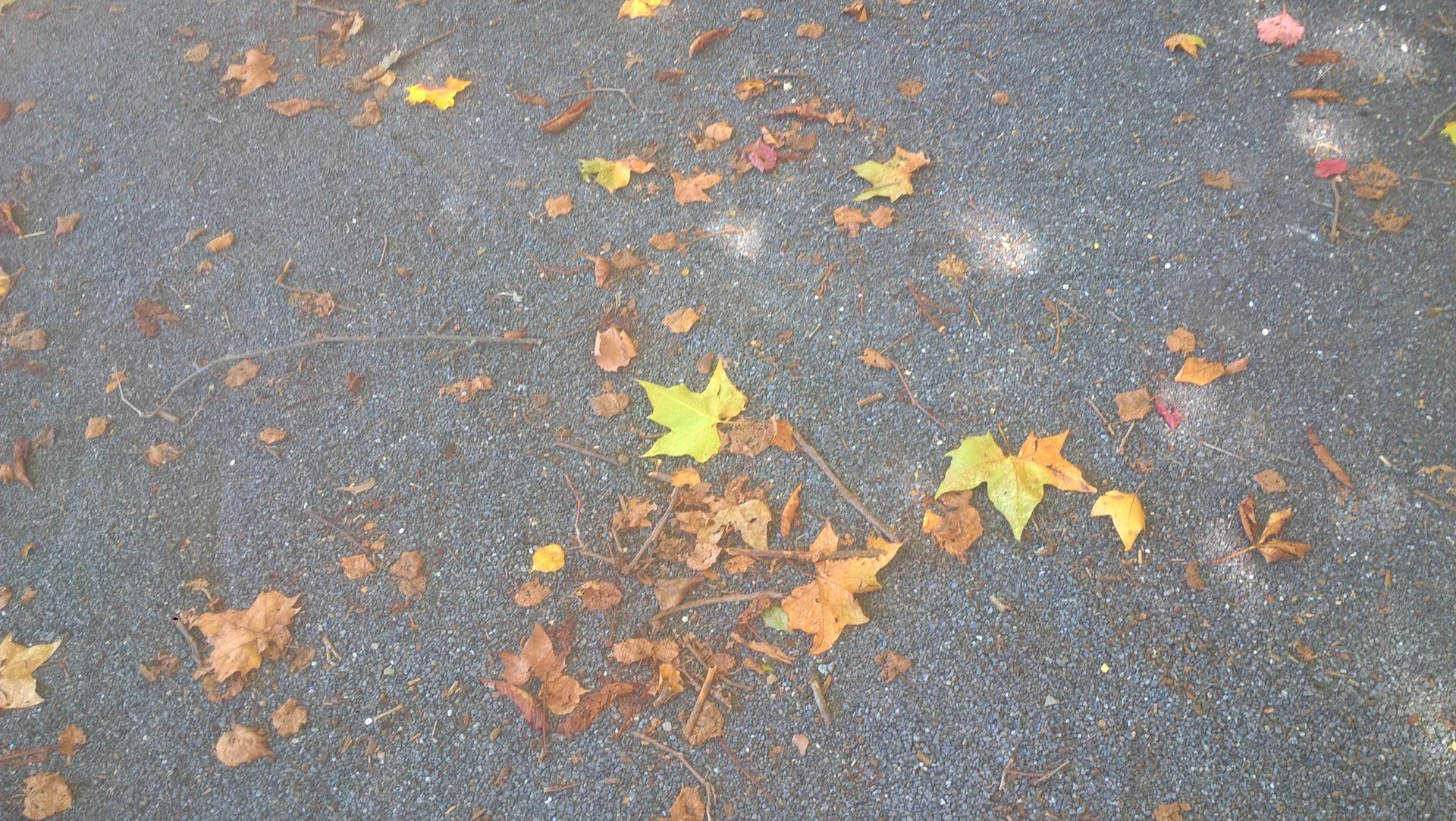
Don't look now, but summer has suddenly vanished...
and Autumn has arrived!
FLORA AND FAUNA AND THE FOREST WORLDCLIMATE CHANGE SEASONS
Joan
8/27/20233 min read
Rain has fallen at last ...ten vital mm. to dampen the grass and revive thirsty plants. But never enough to replenish our water supplies. We look anxiously at the long range weather forecast and see thunderstorms predicted, so we cross our fingers tightly. We desperately need more rain. One hundred mm. would be welcome, not just to moisten the earth but to swell our streams and water courses , and replenish the water table. Temperatures have suddenly dropped too, by an enormous 15C. At last we can safely venture outside, albeit under cloudy skies. But the forest has changed, and Autumn seems to have arrived in one fell swoop. While the azure blue skies that filled our world with brightness have turned to grey , some trees have donned their autumn foliage and shine out from the forest like beacons. But how did it happen so quickly?
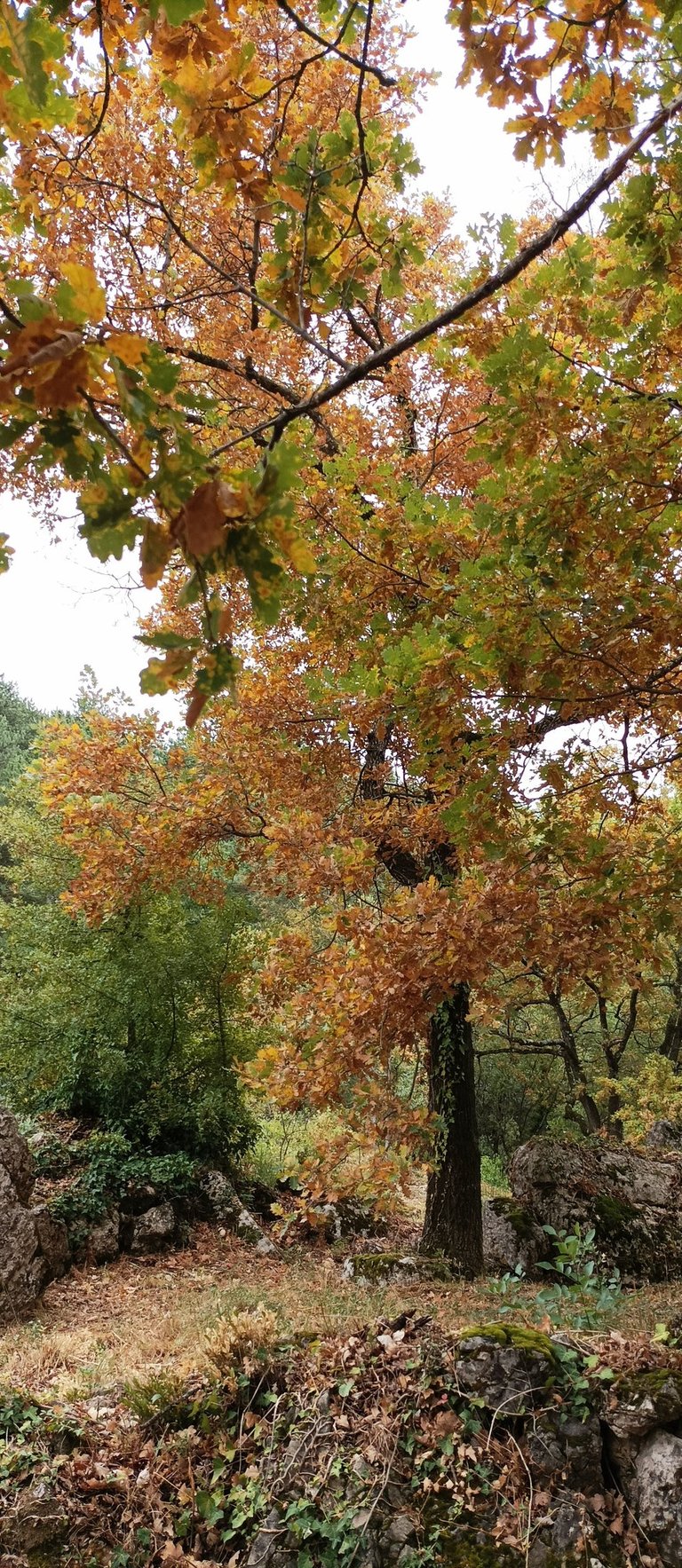

This is odd, for August is not yet over. Summer tourists still fill the beaches and flock to restaurants, although the northbound traffic on the motorway is beginning to increase . I am reminded of how I used to feel towards the end of August when I was a teacher preparing for the new term, as that delicious feeling of leisure and the freedom to wander disappeared. I thought we had come to understand the pattern of the seasons here, but it would seem that climate change is throwing everything awry. While the maples, which always mark the arrival of autumn with their golden brown hues, still remain green, the oaks which usually change much later , are definitely turning. The wind is getting up and the first fallen leaves from the plane trees line the village road.
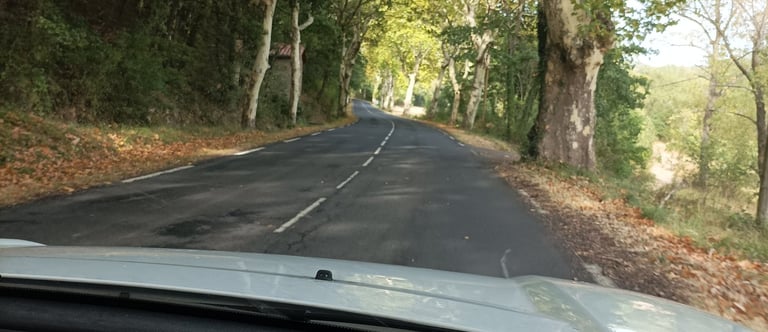

An afternoon walk around Gourgas reveals other signs of autumn. Trees are laden with apples and figs that no one seems to be harvesting. I scrump a few and stuff my pockets. We stop to watch the river flowing under the old stone bridge and remark how much it is diminished. I am rewarded by the rare sight of a kingfisher as it streaks upstream...a flash of luminescent blue. Swallows skim low over the grass, while swifts soar above the old village houses. It won't be long now before they have flown south.
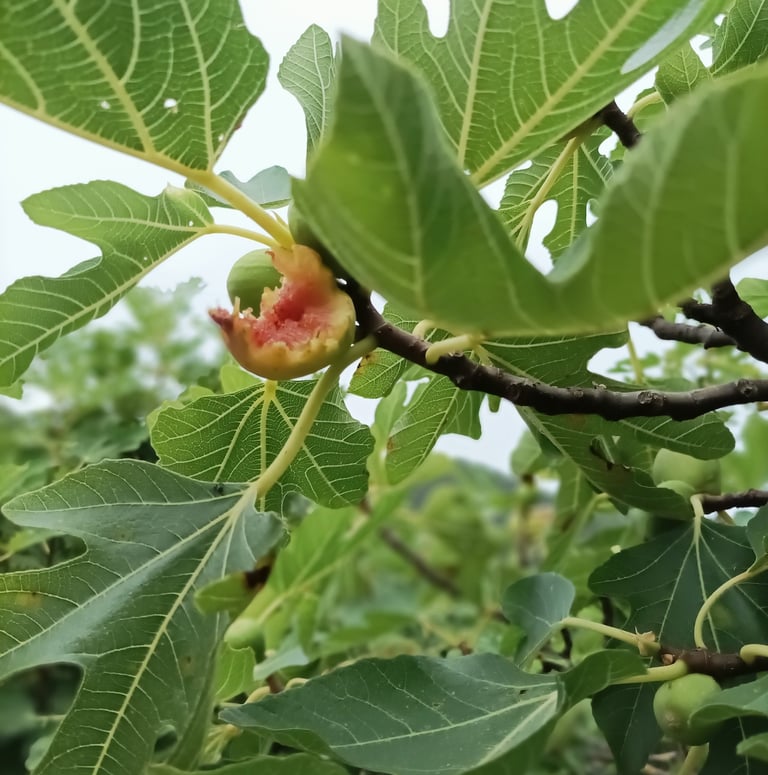

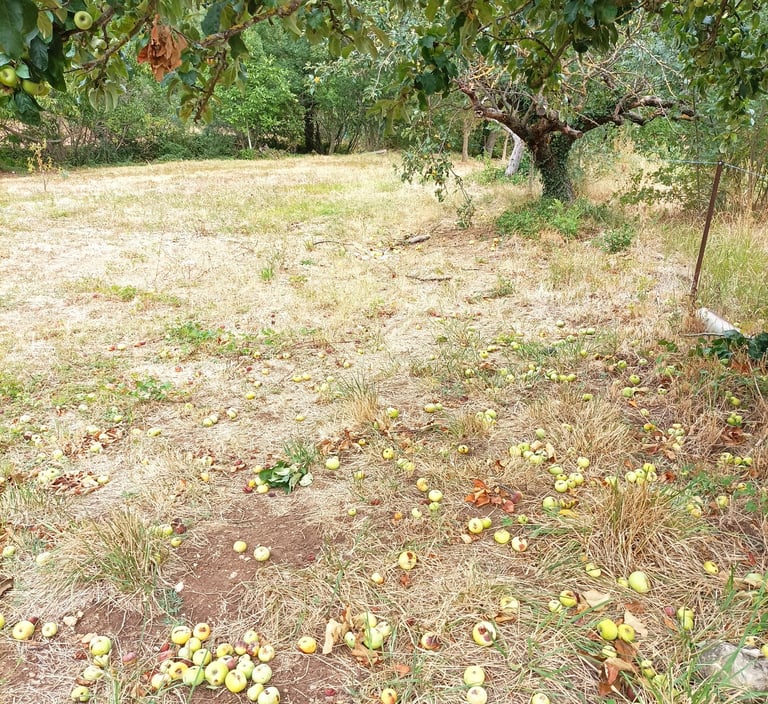

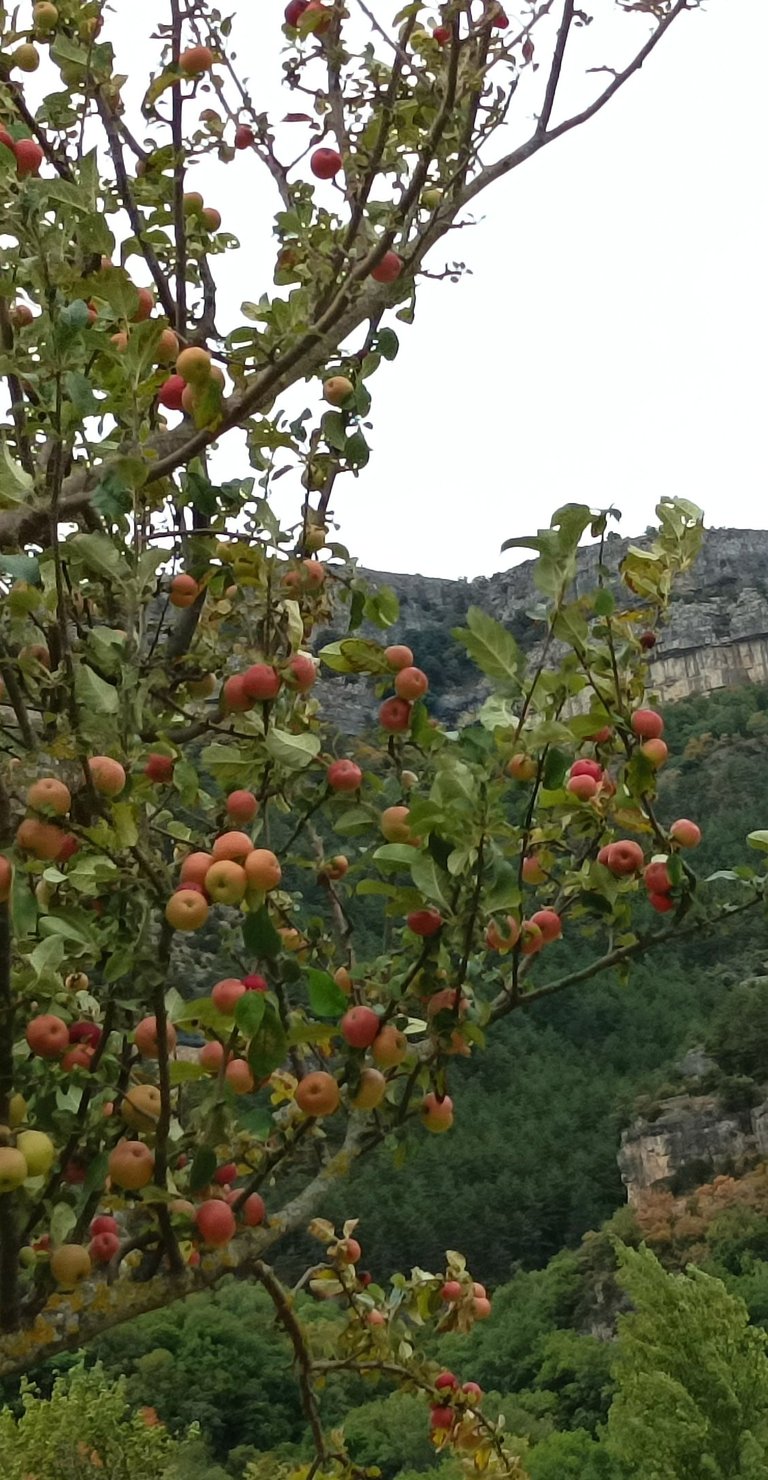

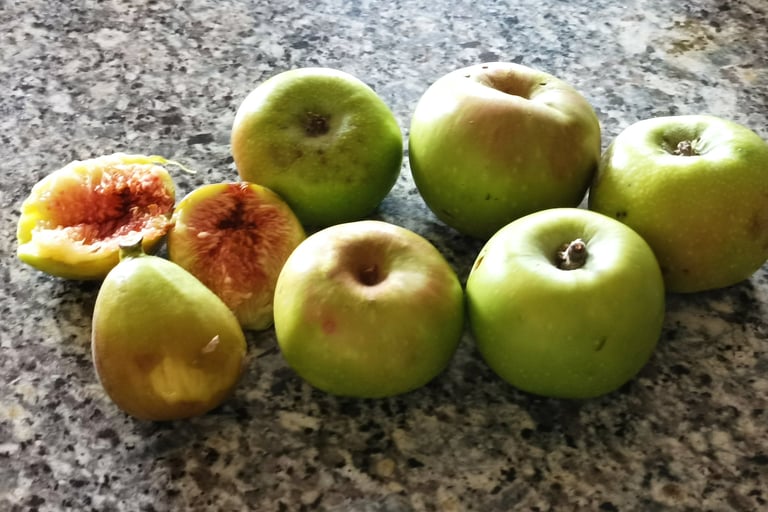

As we are about to leave I spot something else high above my head. Our car is parked beneath a lone horse chestnut tree which bears fine spiky green fruit. I search beneath it for conkers with their shiny chestnut brown coats. But all I find are a few shrivelled dark brown ones from last year, that sit as light as a feather in my hand. Surely no self respecting local kid would have left these un-gathered. Anjel , a local villager, is standing by the fountain. He likes a chat, so we stroll over to engage him . "Do French children play a game with these conkers?" we enquire. We struggle to explain the English tradition of suspending conkers on lengths of string, and trying in turns to smash the opponent's specimen, and he looks rather astonished. "Is it not dangerous?" he asks. Apparently French children do not play this game . "Perhaps they do in the North of France," he suggests, without any great air of conviction. I feel sad that French children do not enjoy this pastime, but then I reflect that perhaps even this childhood tradition has vanished since I left Britain. That would be sad, but at at least the horse chestnut trees would no longer be vandalised and left to flourish, as this fine tree clearly does.
